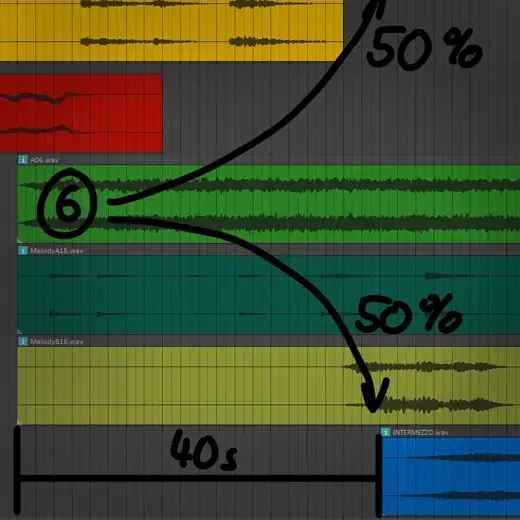

And it’s still entirely unrelated to my point, since SUSE will remain the trademark in question regardless of what’s actually contained in OpenSUSE.
But yes, the free/open-source spins of things tend to have somewhat differing content compared to the commercial offering, usually for licensing or support reasons.
E.g. CentOS (when it still was a real thing)/AlmaLinux/etc supporting hardware that regular RHEL has dropped support for, while also not distributing core RedHat components like the subscription manager.

























GitLab has been working on support for ActivityPub/ForgeFed federation as well, currently only implemented for releases though.